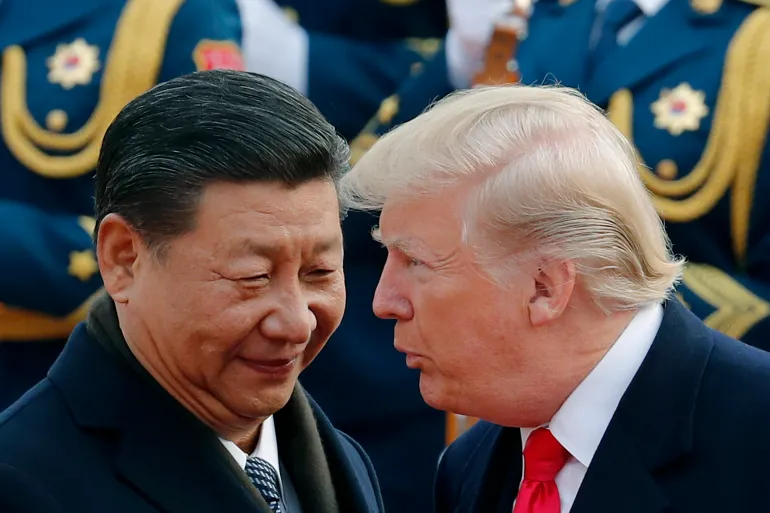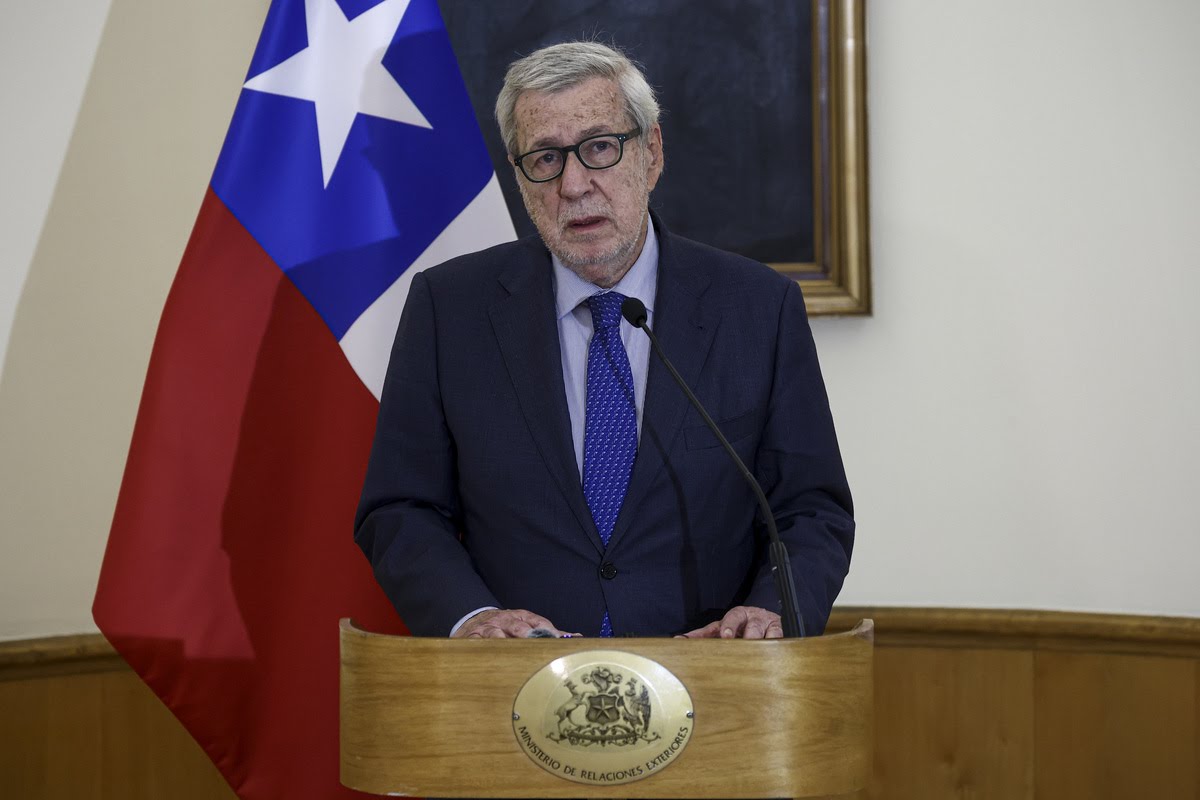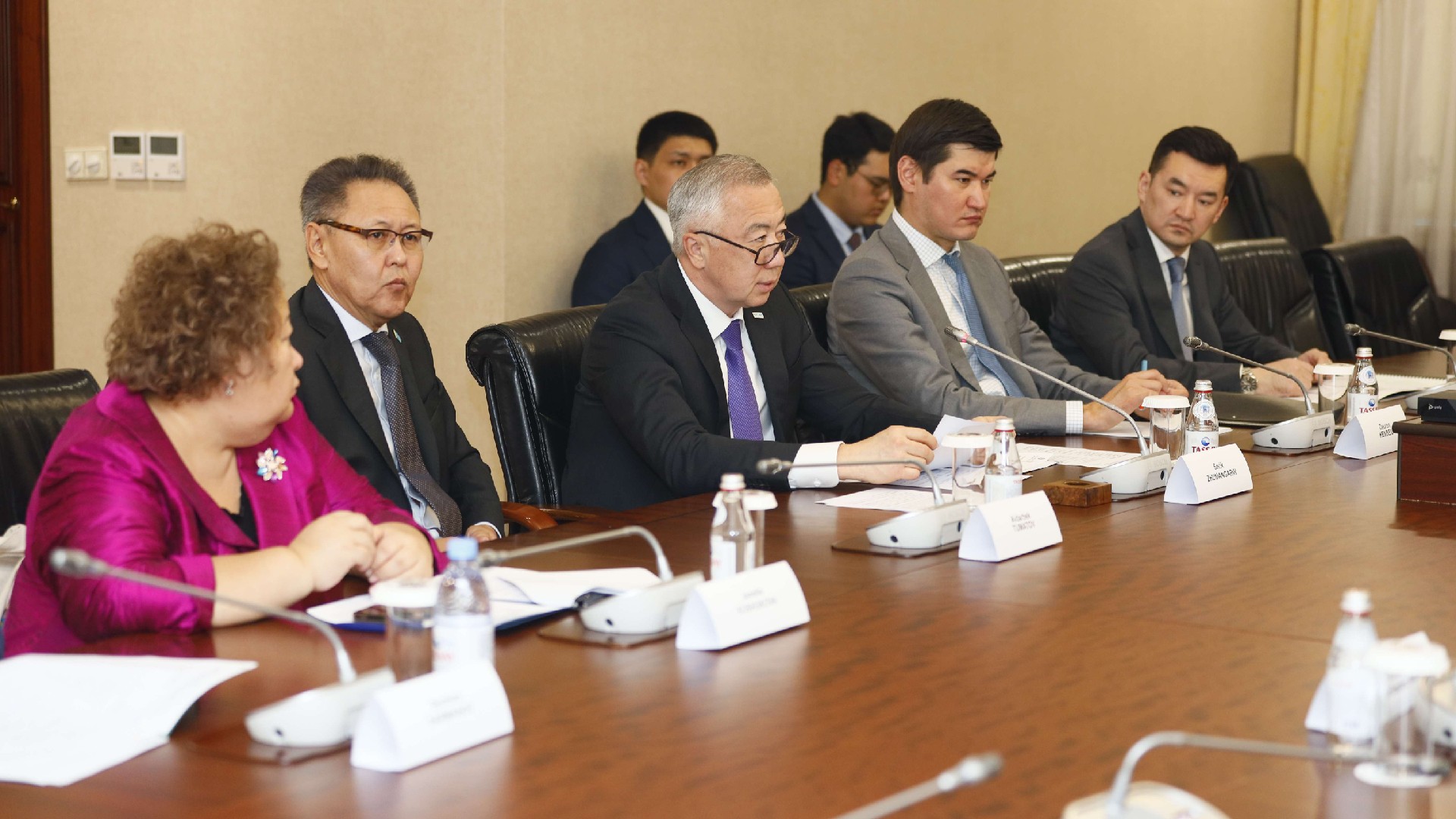Venezuelan authorities have released a U.S. citizen detained on espionage charges, as part of a high-stakes prisoner exchange with the administration of U.S. President Donald Trump, Al Jazeera reported on Tuesday, May 20, 2025. The move marks the latest development in a series of discreet negotiations between Washington and Caracas, signaling a cautious thaw in long-frozen diplomatic ties.
The released American, whose identity has not been officially disclosed due to privacy concerns, was detained in Venezuela in 2022, accused of spying and attempting to destabilize the government of President Nicolás Maduro. His release came in exchange for the U.S. freeing two Venezuelan nationals who were being held on drug trafficking and money laundering charges.
“We welcome the return of an American citizen unjustly detained abroad,” said a spokesperson for the U.S. State Department. “This reflects our continued commitment to bring home Americans held overseas.”
Prisoner Exchange Amid Strategic Talks
While official details remain scarce, sources close to the matter say the exchange was brokered through Swiss intermediaries and came after months of backchannel negotiations. The deal follows a broader shift in the Trump administration’s approach toward Latin America, especially Venezuela, where oil, migration, and political reform remain pressing issues.
This is the second detainee swap in six months and part of what analysts describe as a quiet détente between two historically adversarial governments.
“The fact that both sides are talking — and trading — is significant,” said Laura Gutiérrez, a Latin America policy expert at the Brookings Institution. “Washington wants concessions on democracy and migration. Caracas wants sanctions relief and legitimacy.”
Maduro’s Political Calculus
President Maduro’s decision to release the American detainee may be a calculated move to secure leverage ahead of Venezuela’s upcoming presidential election, scheduled for later this year. With the economy in turmoil and political pressure mounting, Maduro is seeking international legitimacy while managing domestic unrest.
Maduro’s government has long accused the U.S. of backing efforts to overthrow him — particularly through sanctions and support for opposition leader Juan Guaidó, who has since faded from the spotlight. Now, amid shifting regional dynamics and a recalibrated U.S. foreign policy, Maduro may see prisoner diplomacy as a path toward partial normalization.
Trump Administration’s Balancing Act
For President Trump, the release serves both foreign policy and domestic political objectives. With several Americans still detained abroad — including in Russia, Iran, and China — the administration has made high-profile hostage negotiations a priority.
It also allows Trump to claim diplomatic success without fully lifting pressure on Maduro. While economic sanctions remain in place, some restrictions on Venezuelan oil exports have been temporarily eased, in part due to global energy supply concerns and lobbying from U.S. oil firms.
“This doesn’t mean Trump is going soft on Maduro,” said a senior administration official. “But it’s a sign that diplomacy and pressure can go hand in hand.”
What’s Next?
The latest exchange could set the stage for further confidence-building measures, including discussions around electoral reforms, migration control, and targeted sanctions relief. However, both governments remain deeply distrustful, and there is little public support on either side for a full reset.
Human rights groups have urged the U.S. to ensure that Venezuelan political prisoners and activists are not overlooked in future talks. Meanwhile, families of detained Americans in other countries are calling on the White House to pursue similar swaps.
As global attention drifts to other geopolitical crises, the quiet diplomacy between Washington and Caracas may prove to be one of the more unexpected thawing points in today’s increasingly polarized world.
Source; Al Jazeera



